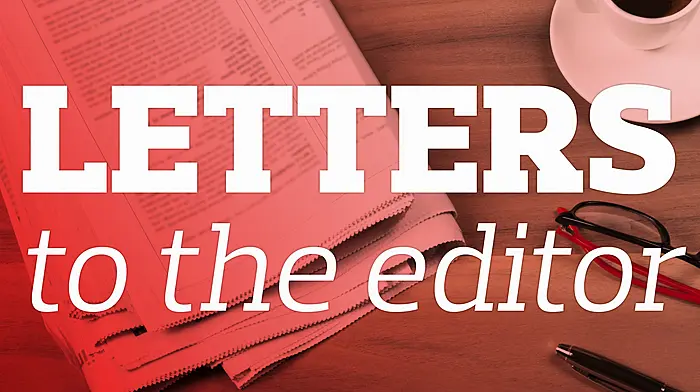
THE good news in relation to student grant applications this year is the income limits have increased by €1,000 in each income bracket and the grant amount for each threshold bracket has increased by €200.
Another welcome change is the adjacent and non-adjacent distance range is now 30kms (previously it was 45kms).
Students making a renewal application were able to do so since March 10th, while students making a new application can do so from April 28th. The priority application dates are Thursday June 9th for grant renewal applications and Thursday July 7th for new grant applications.
If you did not receive a student grant from Susi in the 2021/22 academic year, you will need to make a new grant application if you meet the criteria this year.
You can make a new application or renew your grant by logging onto the Student Universal Support Ireland website (www.susi.ie). You can also access your 2022/2023 application though the website.
Students should submit their applications as early as possible. You will need your personal public service number and an email address and phone number to apply online. There is an application tracker in the online system to check the progress of applications at any stage.
To facilitate in the completion of the grant form, the following information will be required: your CAO or UCAS number (if you have one); PPSN numbers for yourself, your parent(s)/legal guardian(s), spouse, civil partner or cohabitant, as applicable; income details for 2021 for yourself (if any), your parent(s)/legal guardian(s), spouse, civil partner or cohabitant, as applicable.
The application form comprises the following six sections: section a – personal details (of applicant); section b – nationality & residency (of applicant); section c – course details, previous education, and other sources of financial support (of applicant); section d – personal details (of parent(s)/legal guardian(s), spouse, civil partner, or cohabitant, as applicable); section e – dependent children and relevant persons (of the household) and section f – income (of applicant, parent(s)/legal guardian(s), spouse, civil partner, or cohabitant, as applicable).
The following information is required when calculating your reckonable income: gross income earned in 2021, including any benefits-in-kind, from all Irish and foreign employments; social welfare income other than child benefit; self-employment income(losses), including farming income (losses) earned at any time during 2021, (there are adjustments for capital interest paid, family wages etc); all rental income earned (after allowable expenses); the gross amount of all interest or income earned from savings, deposit accounts and personal loans made by you and any investments (stocks, shares, bonds, securities and dividends) in 2021; income from maintenance payments.; lump sum payment received during 2021 from retirement or redundancy; income from disposal of assets and rights, and gifts or inheritances.
The reckonable income limits are increased to take account of the number of dependent children. The limit can also be adjusted depending on the number of persons within the household who are attending a full-time course of study in further or higher education, in accordance with the student grant scheme (note the limit has increased for 2022/23).
The table below shows the income limits for maintenance grant and full fee grants.
The family income limits for eligibility for a maintenance grant in 2022-2023 are set out in the table.
These income limits are applied after your means are assessed.
Maintenance grants amounts can vary depending on the distance from the college over 30kms and under 30kms.
If you have any queries regarding any of the above, please do not hesitate to contact me or any of my colleagues in FDC at Patrick’s Quay in Bandon.
• Anne Marie Hurley is an accountant with FDC in Bandon.









